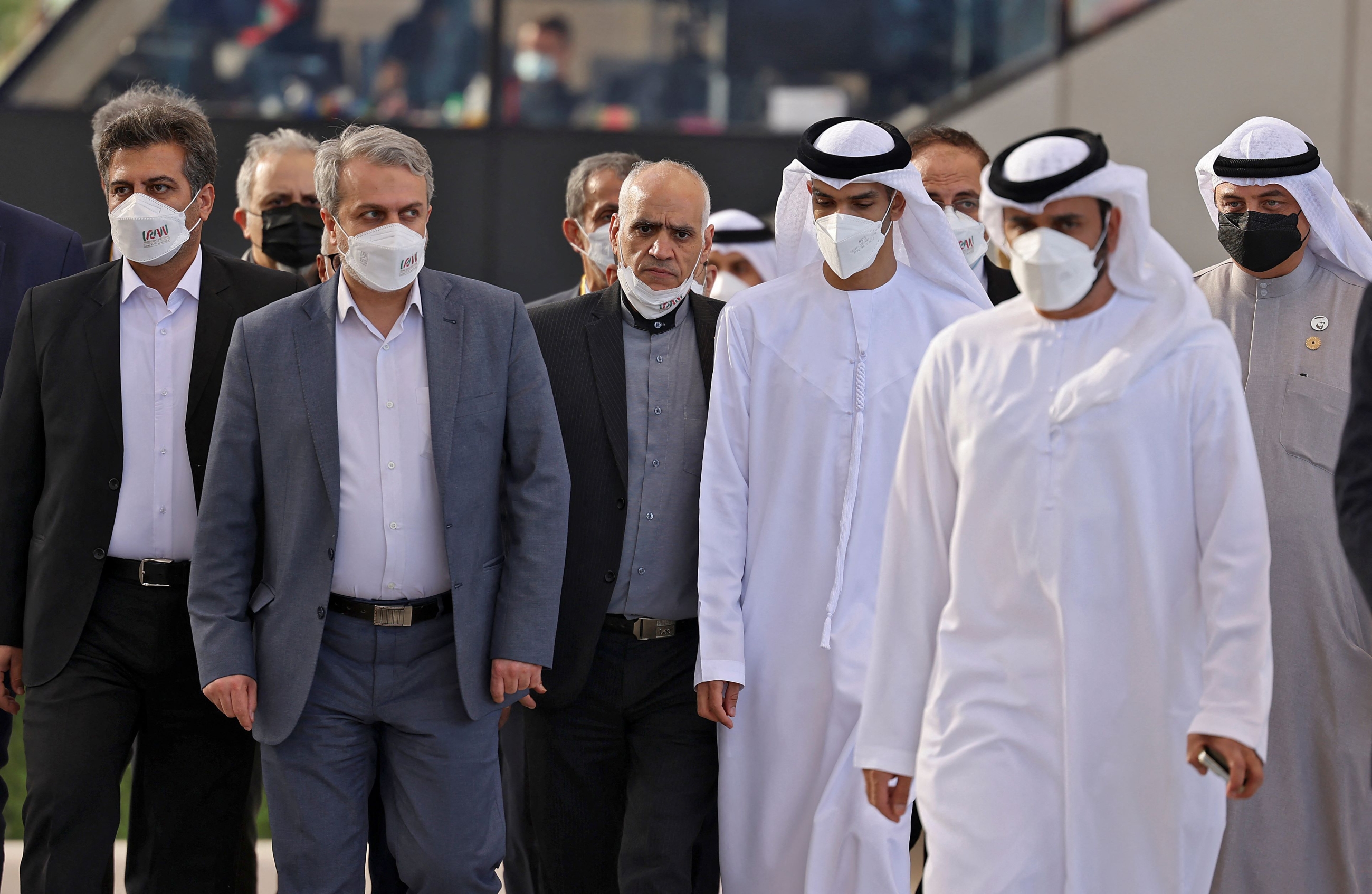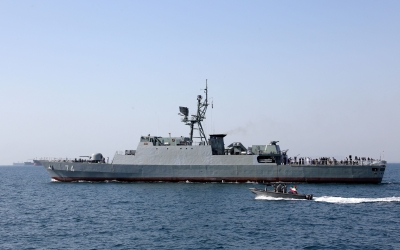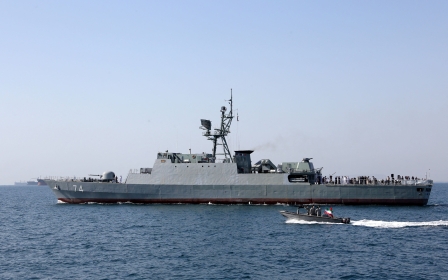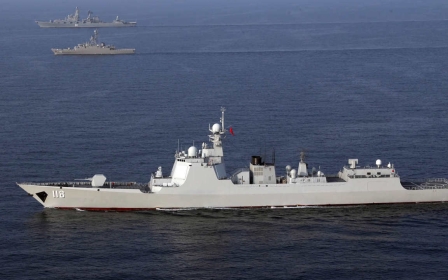Iranian press review: SUV bribery claims swirl around minister's impeachment

‘SUV-gate’ scandal leads to minister's impeachment
Days before the Sunday impeachment of Iran's industry minister, Reza Fatemi Amin, news began circulating alleging he had been bribing legislators with SUV cars, a controversy that was soon dubbed "SUV-gate".
Since his appointment in August 2021, this was the second time Fatemi Amin had to defend his performance at the Ministry of Industry, Mines and Business.
In November 2022, he won a vote of confidence and survived his first impeachment.
However, in the last days of April, Ahmad Alireza Beigi, a member of parliament from the city of Tabriz, revealed that Fatemi Amin's ministry had offered 75 SUV cars to legislators to secure his position in President Ebrahim Raisi's cabinet.
"The claim about offering SUVs to some members of parliament has turned into a mystery and political chaos. That accusation has heated the discussions about the impeachment and, of course, made the government angry," wrote the Kargozaran daily on 29 April.
After the impeachment, speculation about parliament's decision to remove Fatemi Amin continued in the country's political sphere. Many suggested that the removal was just the start of more infighting between parliament and the government.
On Monday, Mohammad Javad Rouh, a political commentator and managing editor of Ham Mihan wrote that the impeachment of Fatemi Amin was "more than the leaving or remaining of a minister".
"In the coming months, as we get closer to the time of parliamentary elections, we will hear more voices criticising the government from inside the circle of power, and the political dynamic will change," he suggested.
Officials stop publishing economic data
Iran's government has stopped releasing monthly inflation data as well as data relating to the real estate market, while the price of essential goods and the inflation rate continue to soar.
Experts responded to the new move by the Ministry of Industry, Mines and Business with severe criticism, with some branding it the "censorship of economic data".
On Tuesday, the financial Donya-e Eqtesad daily wrote that policymakers began censoring inflation data instead of "creating trust by releasing accurate information" about Iran's economic situation.
"However, a regular announcement of financial information is one of the main pillars of modern monetary strategies, the Statistical Center stopped declaring the inflation rate in the last two months, which has never happened before," wrote Donya-e Eqtesad.
The daily added that the country's inflation rate was still over 40 percent and suggested that President Ebrahim Raisi's government began "economic data censorship" to hide its failure to improve the country's economic situation.
The Ham Mihan daily also covered this topic under the headline: "The Statistical Center on Vacation."
The daily wrote that those numbers were unreliable even when the government published data due to a lack of transparency.
Ham Mihan also quoted a legislator, Jalil Rahimi Jahan Abadi, as saying: "When you look at the data that all state entities publish, it seems that we are living in Switzerland, but when you look at our living conditions, you see that those data are not an accurate reflection of our life."
Every day more than two workers die
A deputy at Iran's Legal Medicine Organisation said that during the last Iranian year, ending on 20 March, 861 labourers died at work from falls, putting the average number of daily workers' deaths at 2.3.
On May Day, the ILNA news agency quoted Masoud Ghadipasha, medical and laboratory deputy at Iran's Legal Medicine Organisation, as saying that about half of all fatal work accidents in Iran happen due to falling from a height.
ILNA wrote that in the last Iranian year, 1,900 workers lost their lives due to work accidents, of which 30 were female and the rest male.
According to Ghadipasha, the second reason for deaths at work was "being hit by hard objects" after falling from a height. "Electric shocks, burning and lack of oxygen" were the other leading causes of deaths at work.
In the same period, 26,074 workers were injured at work, of which 1,293 were female. Tehran province, with 399 dead and 2,943 injured workers, had the highest rate of work-related casualties among the 31 provinces in Iran.
*Iranian press review is a digest of news reports not independently verified as accurate by Middle East Eye.
Middle East Eye propose une couverture et une analyse indépendantes et incomparables du Moyen-Orient, de l’Afrique du Nord et d’autres régions du monde. Pour en savoir plus sur la reprise de ce contenu et les frais qui s’appliquent, veuillez remplir ce formulaire [en anglais]. Pour en savoir plus sur MEE, cliquez ici [en anglais].





